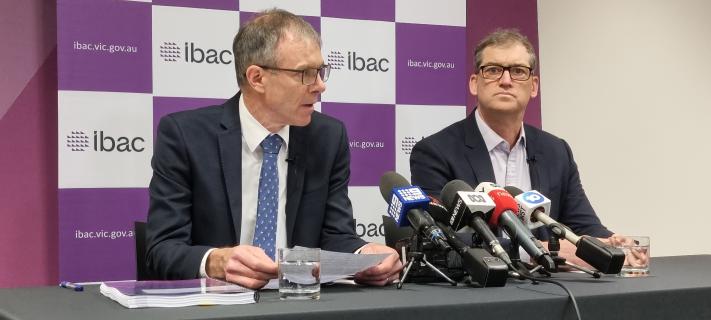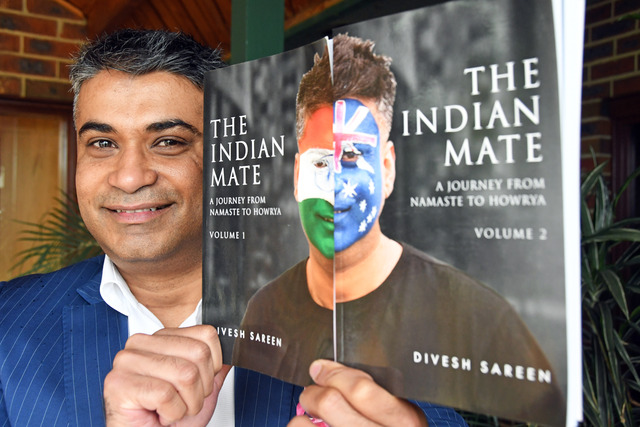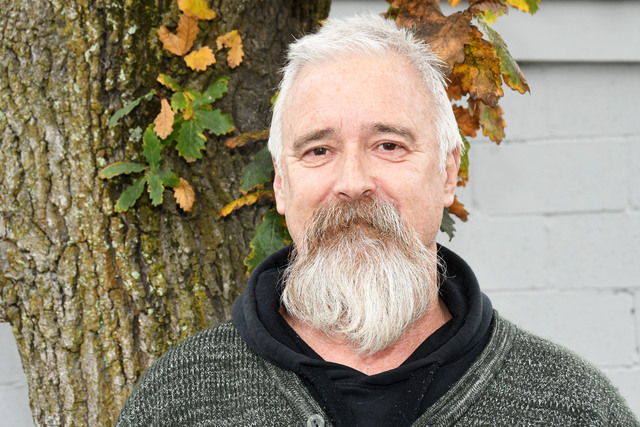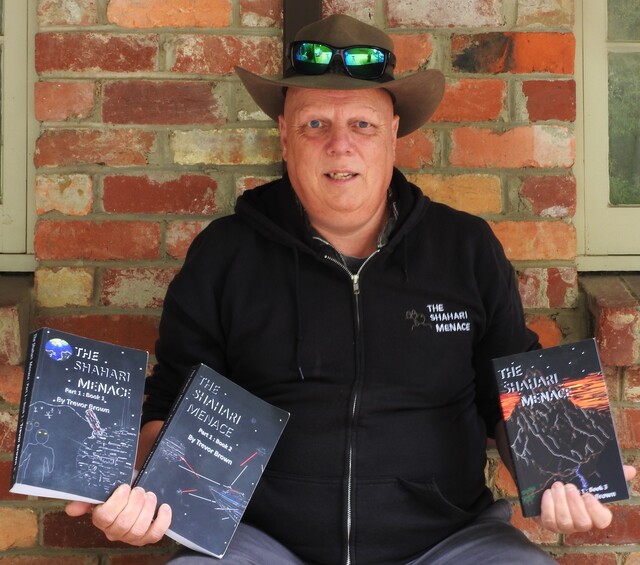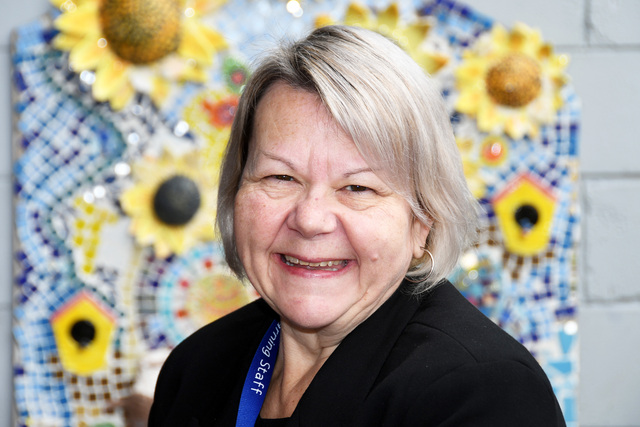Criminal charges and sweeping planning reforms may follow a damning and long-awaited anti-corruption report involving Casey councillors and property developers.
Former Casey mayors Sam Aziz and Geoff Ablett accepted more than $1.15 million in payments and in-kind support for promoting developer John Woodman or his clients’ interests on council, the Independent Broad-based Anti-corruption Commission found.
Under state law, IBAC is barred from publicly stating people engaged in criminal, corrupt conduct.
However, the anti-corruption watchdog is able to refer alleged criminality to the Office of Public Prosecutions, which would decide whether to pursue charges.
“There’s a process for doing that. It hasn’t been done yet,” IBAC acting commissioner Stephen Farrow said.
“The advice I have is that will be happening very quickly.”
Among the IBAC Operation Sandon report’s 34 recommendations is to take land planning decisions out of the hands of councillors.
It advises to shift the decisions to “council planning professionals” or “independent expert panels”.
Also it recommends prohibiting political donations from “high-risk” groups such as developers.
Mr Aziz received about $600,000 from Mr Woodman and Woodman-controlled entities in the form of investment returns, consultancy fees and cash, according to the report.
Mr Aziz also “marketed” his ability to influence council decisions for various other parties. He received more than $450,000 in further benefits from them.
Meanwhile, Mr Ablett gained more than $550,000 in payments and other financial benefits from Mr Woodman.
Many of the “elaborate” financial arrangements were designed to give the “appearance of legitimacy”, Mr Farrow said.
“Councillors are elected to make decisions in the public interest.
“If they are receiving significant, undeclared financial benefits, and there are elaborate steps that have been taken to conceal the nature and source of those benefits, that is obviously very alarming.”
The two councillors did not declare the conflicts of interest on many occasions.
When they did declare and absent themselves from council decisions, they still sought to influence their councillor colleagues, IBAC reported.
As a group, Casey councillors exhibited and tolerated behaviour that was below the standards expected of them, Mr Farrow said.
Some made a “conscious departure” from the standards, others had a “poor understanding” of their obligations.
IBAC deputy commissioner David Wolf said the report was a “pivotal moment” for local government in Victoria.
It “laid bare” corruption risks in council decision-making as well as with political donations at state and local government levels.
“What is clear is that the conduct of individual councillors severely damaged the standing of Casey Council with their local community.
“But more so, this unambiguous breach of public trust had a reputational ripple effect for councils across the entire state, epitomising what communities loathe in their public officials.
“It showed the ease with which council governance requirements can be manipulated or disregarded by councillors who are minded to do so.”
Mr Wolf said IBAC recommended “extensive reforms” to reduce the incentive to act corruptly, such as the windfall gains for owners of rezoned land.
On taking local councillors out of planning decisions, Mr Wolf said “the complexity and technical capability to deal with planning matters is beyond councillors”.
“What was also exposed was the enormous amount of time that councillors were spending on planning matters, on matters where they don’t have the capability to deal with.
“And then of course, you have the corruption vulnerabilities exposed in this report.”
The change was “aimed at delivering better planning outcomes for the entire community, not just small elements of the community”.
Mr Farrow said IBAC was implementing a Coronial recommendation to alleviate witness’s uncertainty about being prosecuted as soon as possible.
This followed the suicide of former Casey mayor Amanda Stapledon, who had been publicly examined in the IBAC inquiry.
IBAC had also introduced other witness welfare reforms, including a specialist witness liaison team, Mr Farrow said.
Premier Daniel Andrews’s evidence did not meet the test for a public examination or amount to “adverse” findings.
“The reason it is in the report is it provides important context to building on (political donation and lobbying) reforms that IBAC recommended late last year,” Mr Farrow said.
“Clearly a well-resourced person who gains access to one of the senior decision-makers in this state needs to be looked at carefully.”
In 2016, Mr Woodman made a $10,000 winning bid at a political fundraiser to have lunch with Mr Andrews.
A Woodman lobbyist gave evidence that there was an embargo on discussing planning matters at the Flower Drum lunch.
It was described as a “relationship building exercise”, Mr Farrow said.
In a separate conversation, Mr Andrews asked the lobbyist to convey his regret to Mr Woodman that a planning decision had been deferred by the Government, Mr Farrow said.
Starting in 2018, the complex investigation spanned 40 days of public hearings as well as seven private examinations.

